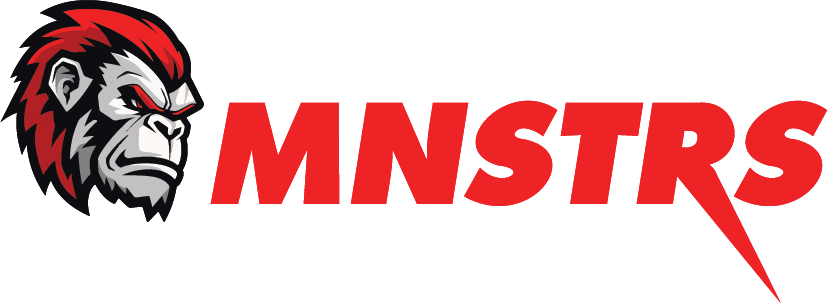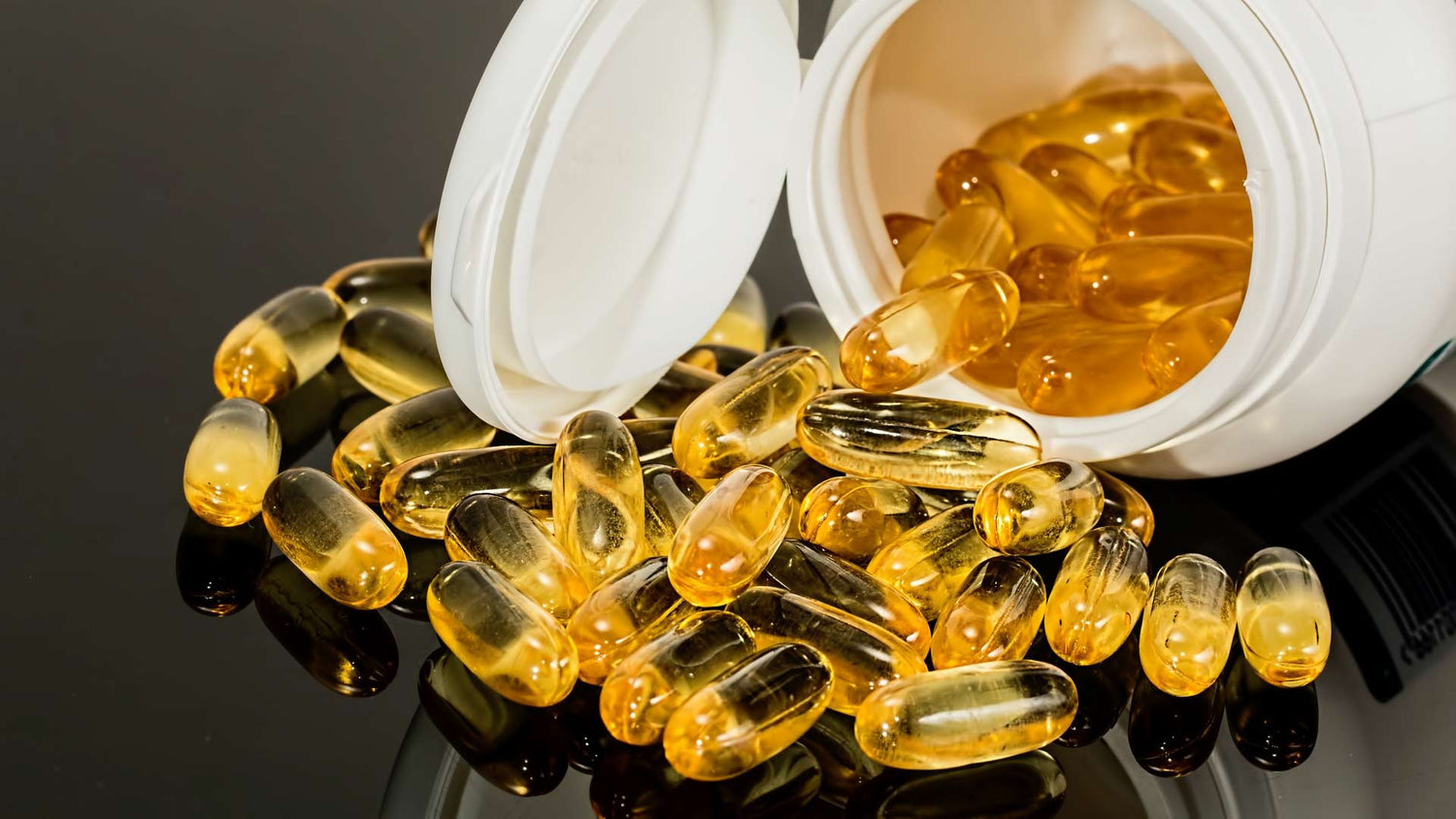Omega-3 fatty acids are essential for a healthy body, but did you know they also play a major role in sports performance and muscle recovery? Whether you do strength training or are an endurance athlete, omega-3 can help with your recovery, inflammation reduction, and overall performance. In this blog, we dive deeper into why this supplement should not be missing from your diet.
What is Omega-3?
Omega-3 is a group of essential fatty acids that your body cannot produce on its own. The three main types are:
-
EPA (Eicosapentaenoic acid) – Supports inflammation reduction and heart health.
-
DHA (Docosahexaenoic acid) – Essential for brain function and muscle recovery.
-
ALA (Alpha-linolenic acid) – Plant-based form that the body can partially convert into EPA and DHA.
Omega-3 fatty acids are mainly found in fatty fish (such as salmon, mackerel, and herring), but also in plant sources like flaxseed, chia seeds, and walnuts.
Benefits of Omega-3 for Athletes
-
Reduces Muscle Soreness and Inflammation – Omega-3 helps reduce muscle soreness after intense training and supports faster recovery.
-
Improved Heart Health – A healthy heart means better oxygen circulation, which is beneficial for sports performance.
-
Promotes Muscle Building – DHA and EPA support protein synthesis, which contributes to muscle growth and maintenance.
-
Improves Joint Health – Helps reduce joint pain and stiffness, especially in strength and endurance athletes.
-
Supports Brain Function and Focus – Omega-3 plays an important role in cognitive functions, which helps with focus and reaction time during training.
How Much Omega-3 Do You Need?
-
For general health: 250-500 mg EPA and DHA per day
-
For athletes or inflammation reduction: 1,000-2,000 mg EPA and DHA per day
-
Plant-based alternatives like flaxseed and chia seeds contain ALA, but supplementation with fish oil or algae oil is recommended for sufficient EPA and DHA.
How Do You Take Omega-3?
-
Power Supply: Eat fatty fish 2-3 times a week or add plant-based sources to your diet.
-
Supplements: Omega-3 capsules or liquid fish oil are a convenient way to increase your daily intake.
-
Timing: Can be taken at any time of the day, but is better absorbed with a meal.
Conclusion
Omega-3 is an essential supplement for athletes due to its anti-inflammatory effects, muscle recovery, and support of heart and brain health. Whether you do strength training or are an endurance athlete, adding enough omega-3 to your diet can optimize your performance and recovery.



